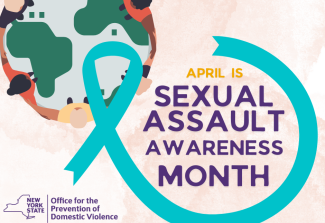Cost & Aid
College is an investment in your future. SUNY Plattsburgh is a smart choice, committed to academic excellence at an affordable price.
Student Financial Services is here to help. Applying for financial aid, paying for college inquiries, understanding financial aid offers, and more, our staff is ready to provide the assistance you need.
Your staff was a big help with this overwhelmed mother of an incoming student. It was such a joy to have someone help from the very first word and I appreciate it.
Parent of a First-Year Student
Scholarships & Grants
60% of all first-year students receive institutional aid. SUNY Plattsburgh provides more than $4 million in scholarships and grants to undergraduate students. Let us help you make the most of your higher education experience.
SUNY Plattsburgh Scholarships & Grants
Apply for Financial Aid
Complete the FAFSA and NYS financial aid applications to be considered for government-provided assistance and to be evaluated for SUNY Plattsburgh’s need-based grants.
Apply for Aid & the Award Process
Account Information for Parents & Guests
It is helpful when parents and others can access student account information or discuss account details with staff in Student Financial Services. This access and information sharing exists for those with a proxy account. Students have the ability to grant and revoke permissions for others to view information on their records, pay bills, or speak with Student Financial Services.
News
SUNY Plattsburgh, NCCC Announce New Admissions Initiative
Alumni Celebrated for Sustained Support of North Country, Residents

SUNY Adirondack Students Benefit from New Dual Agreement with SUNY Plattsburgh Queensbury

SUNY Recognizes Two Plattsburgh Seniors for Excellence in Academics, Leadership
